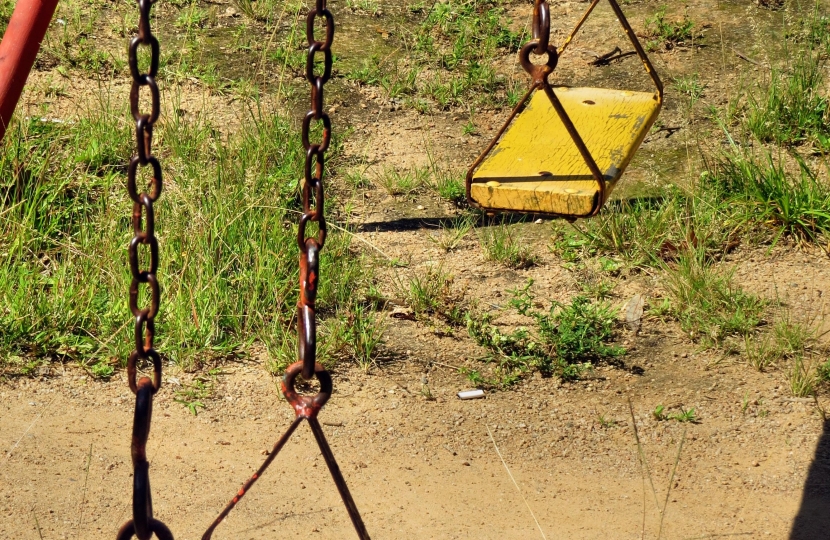
With child poverty levels in Wales remaining higher than the UK average and greater than that of other devolved nations, Welsh Conservative Shadow Secretary for Communities and North Wales AM, Mark Isherwood, has called for Welsh Government action to reduce the numbers and to ensure that all children living in low income families have access to the help and support they need.
Official Government figures published in June this year show that 29 per cent of all children in Wales are in relative income poverty, equating to 200,000,
Responding to this week’s Statement in the Senedd on the Welsh Government’s Child Poverty Strategy by the Cabinet Secretary for Communities and Children, Carl Sargeant AM, Mr Isherwood said all children should have the opportunity to reach their full potential, but that unfortunately many children and families living in poverty in Wales do not have access to services to help them.
He said:
“You refer to nearly 72,000 children living in workless households. That is close to the Office for National Statistics figures published in July, which said that one in eight children in Wales are living in a long-term workless household - higher than the UK average. That’s defined as households where all adults have been out of work for more than a year or never been in paid employment. Given the research showing that children living with long-term unemployed parents do less well at school and are at a higher risk of being unemployed later in life, what work are you doing with your Cabinet colleagues, particularly your Lib Dem colleague in this respect, acknowledging that and the interconnectedness and interrelationship with your agenda?”
Referring to the Commission on Social Mobility and Child Poverty’s ‘State of the Nation Report 2015’ applying to Wales, Mr Isherwood added:
“They said that while trends in employment are moving in the same direction as the UK as a whole, ‘Wales has higher rates of low pay than other UK countries, keeping many children in poor working families.’ They said that educational attainment in Wales at all levels remained unacceptably low and significantly below other parts of the UK. The Commission said the Welsh Government needs to ensure that services and support will be available to all families, including those not located in the most deprived areas.’
“How do you, therefore, respond in your wider consideration about the future, about building resilient communities, to their findings that more than 65,000 children whose families receive out-of-work benefits or child tax credits in Wales were not living in Communities First programme areas and, in fact, more than 25,000 children in families receiving out-of-work benefits or child tax credits were living in the top 40 per cent most deprived areas in Wales, but still not in areas benefiting from Communities First.”
Mr Isherwood added: “Commenting on 16 years of Labour Welsh Government, the Commission on Social Mobility and Child Poverty found that the way the Welsh Government had defined the reach of programmes means that there are many children and families living on low incomes who do not receive services.”